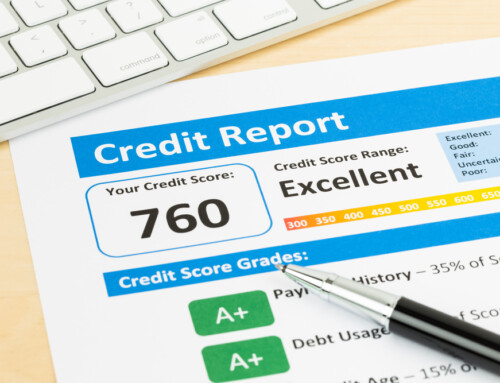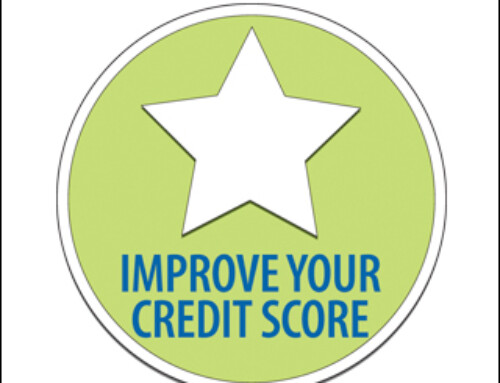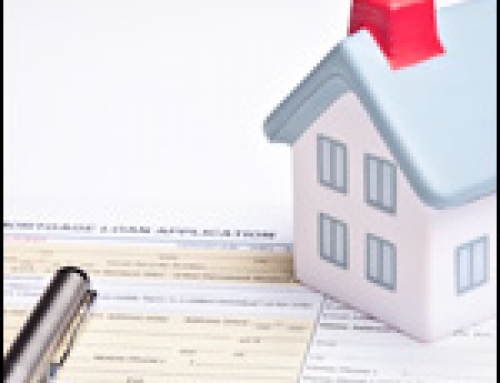Everyone and their mother in credit repair will preach to you that paying down or paying off your credit cards is a good idea (keeps interest lower and helps improve/maintain your good credit standing) BUT did you know that you shouldn’t close credit card accounts once they are paid down?
Paying off credit cards is generally good, but closing accounts often isn’t. That’s why it’s important to know which strategies for paying off your debt can improve your credit score. By paying off card debt and managing how and when you get credit cards in the first place, you can lower your debt and boost your credit score at the same time.
Do you know what can affect your credit score and how?
Your Past Payment History. This accounts for 35% of your credit score. If you’ve made late payments, skipped payments, or failed to pay your debt at all, your credit report will show it, and your credit score will go down. On-time payments improve your credit score, which is why good accounts should never be closed – since that credit history will eventually vanish from your report.
The Amount of Money You Owe. Also known as “credit utilization,” and it impacts approximately 30% of your credit score. Credit utilization just means the ratio of credit you have available versus the amount you actually owe. For example, someone with $20,000 in available credit on various credit lines who owes $4,000 has a credit utilization of 20% (4,000 divided by 20,000).
How Long You’ve Had Credit. The longer you have had accounts in good standing, the better your credit score will be. This makes up 15% of your credit score. It still benefits you to have a long credit history even if it isn’t spotless…this is why we suggest that you shouldn’t be closing any credit accounts (where possible).
The Amount of New Credit and Types of Credit Accounts You Have. This accounts for 20% of your credit score and includes both how often you have applied for credit, and which credit accounts you’ve secured. If you apply for 10 credit cards in one year, you’ll be seen as a bigger risk than someone who applies for one card in a year. (this is also referred to as a “credit seeker”). This is because it seems like you’re trying to take on a huge amount of credit all at once, and thus, your credit score suffers. Plus, the credit companies think that a person with different types of credit – such as a car loan, a credit card, a student loan, and a mortgage – may be a lower risk borrower than someone with just high interest credit cards or a bunch of department store cards.
So what can you do to start improving your credit?
Understand Credit Utilization
It might seem counter-intuitive, but in many cases, having more credit cards can help you qualify for a new card. Due to credit utilization, your credit score often goes up when you have more credit accounts. This is one of the least discussed but most important features of your FICO score. Since 30% of your credit score is based on how much money you owe on your debts, the amount of credit you have available versus the amount of credit you have used is a crucial piece to the credit score puzzle.
For example, someone who has $50,000 in available credit but only $1,000 in outstanding debts has a credit utilization ratio of 2%. The lower this ratio, the better the credit score.
Since this impacts 30% of a person’s total credit score, paying off debt and keeping the accounts open increases your credit utilization ratio, which in turn improves your credit score and helps you qualify for more credit at a lower interest rate.
Start Off Young
Ironically, a lot of cost-conscious and debt-averse people are actually shooting themselves in the foot by avoiding credit cards. For those who have the self-control not to over-indulge, getting credit cards in college can result in lower mortgage rates and car loan payments in the future, and save tens or possibly hundreds of thousands of dollars over a lifetime. Starting off young can affect half of your credit score – but it takes discipline and responsibility not to overspend, make late payments, or just pay the bare minimum. These are real dangers of getting a credit card, and should be avoided. These mistakes can haunt you and your credit score for years.
Get Cards and Use Them
So you just got your first credit card. That’s great, now what? Getting the cards isn’t enough. You actually have to use them to build up a history that is going to benefit you in the long run.
Since the amount charged doesn’t matter nearly as much as the frequency of payments, the best strategy is to spend a little with a card, then pay it off monthly. Even charging and paying off $20 per month on a credit card is enough to build the sort of past payment history that will boost your credit score.
Pay Off Accounts Instead of Closing Them
When you are ready to pay off a debt, you can either pay it off and close the account, or pay it off and leave it open. If you keep it open, your credit score is likely to increase because you lower the amount of debt you owe while keeping the amount of credit available to you the same, thereby raising your credit utilization ratio. If you close the account, your credit score might go down immediately.
This is especially true if the credit card company simply reports to the credit agencies that the account is “closed” and not “closed at customer’s request.” If the account just says “closed,” there is no way to tell if you closed it, or if the credit card issuer closed it because you were a bad customer.
If a credit card has no annual fee, there’s usually little reason to close the account unless you don’t trust yourself to keep it and not rack up debt. The longer an account stays open, the more it will improve your credit score, so it’s best to keep these accounts open if you can.
However, there is one problem with keeping accounts open: If you have an inactive account for too long, the credit card issuer will close the account for you. A simple solution is to charge something to the account once or twice a year and pay it off immediately. This ensures that the account remains open.
SO….
Debt management is not just about paying off any debts. It’s about managing your available credit and existing debts to ensure that they benefit you in the long run. Stay current on payments and be disciplined to not spend more than you can actually afford and you will see positive results with your credit.
What’s the reward for all this debt management? More leverage to negotiate better interest rates on credit cards, better interest rates on your mortgage and a better likelihood of having people work with you (landlords for example who may not want to rent to someone with bad credit). Smart debt management today will translate into a better life tomorrow.
Are there any other ways that managing debt has helped – or hurt – your credit score?








Leave A Comment